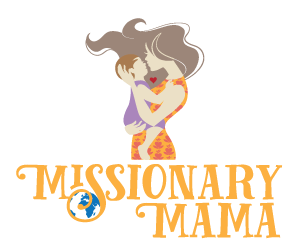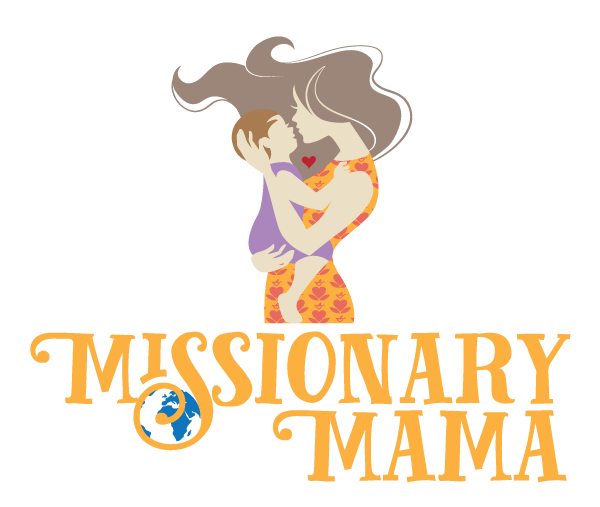
21 Jun Our Children and Media Exposure
Here’s a little story that doesn’t speak to well about my parenting: around the time my daughter was three and my son was eight, one my daughter got up and asked for orange juice to be served in a champagne flute, right about the time my son asked me, “What are suicide bombers, Mom?”
Clearly, I had not been monitoring what was on the radio enough that day.
Actually, I have always been pretty guilty about never monitoring the news carefully enough. Entertainment media is another thing entirely—we don’t have cable television, and have had a lively family discussion about what movies, comics, and games we consider “appropriate”—enough to earn the complaint that were are being stricter than everybody else we know. Adultery, skimpy bathing suits, mouthy teenagers, blasphemy—now that I had under control, and Not in My House.
The news, though, has been a real blind spot. My husband and I both work in the media, public radio is almost always on in the house, and this has been the case so long that half the time, we don’t even hear it. (One of my favorite aunts lives in a Louisiana town with a paper mill, and after a while you don’t even smell it. This is the same kind of thing.)
The presidential elections, the 2008 economic meltdown, “You lie!” shouted during the State of the Union: it was all hanging out there for my children to hear. As was the Iraq War and its casualties, Hurricane Katrina, the Japanese tsunami, and the Paris nightclub attacks.
I remember being embarrassed the first time it occurred to me that other parents typically sheltered their children more from the news than I did. Yet another thing I had not gotten the “good mom” memo on! I worried if my children had been traumatized by footage they’d seen of tanks moving through cities in ruins, and I began to change the channel more quickly—and even better, to turn the TV or radio off entirely. And the absence of the constant loop of sound and images has helped me maintain and instill a better sense of calm in my children.
But I have to confess: my own earliest, happy memories of being with my family were set against what was on the news at the time: the Watergate hearings (I was 4), the Jonestown massacre, and the murder of John Lennon. My mother had her faults and blind spots, but she was always passionate about the importance of the truth and the imperative of bringing hidden injustice to light. And even though the news could technically have seemed “irrelevant” to my life at the time, my mother’s exposure helped to focus the values I believe today. I felt her love, and her earnest desire that I should never be told that I cannot hear the whole story, cannot research the facts behind the “official versions.”
That’s actually a good starting point for my own efforts to be more thoughtful about what I let my children hear/see—even if I keep on the same course, and go ahead and let them watch Frontline after all.
What I learned from my mother was that my own thoughts and actions were linked to the great events taking place, far outside our little town, and that I was responsible for being a good and honest citizen in the world. Being a Christian, and seeking to “train my children up in the way they should go,” means that this task of teaching is all the more critical—I want my children to view their actions and consequences as vital components of their own sanctification, and their own efforts to minister the Good News to the world.
To a dying world, in fact. By knowing about the world around them—even in its ugliness—they will be better able to “come boldly to the throne of grace,” and through prayer, be ready to have the impact they need to have.
Questions for reflection:
Have I been thoughtful about the media I have let my children see/hear? Have I been unwittingly conditioned by what others in my church have done, even if it is not right for me, OR have I let secular culture dictate my preferences? What does my pastor say?
How can I help my children understand the world and its sorrows in light of Christ’s promises? Do I really listen to them when they express fear or interest? Does the exposure make them feel power-less or empowered in Christ?





JLB
Posted at 22:05h, 21 JuneI try to limit the exposure my kids get to mass media and video games. I’d far rather they read, play, explore than passively take in ideas and things I don’t want them to!
JLB recently posted…Phrasal Verbs
Beverly
Posted at 20:57h, 28 JuneIt is all in how you handle the questions and with today’s ‘fake news…..Houston! We have a problem.